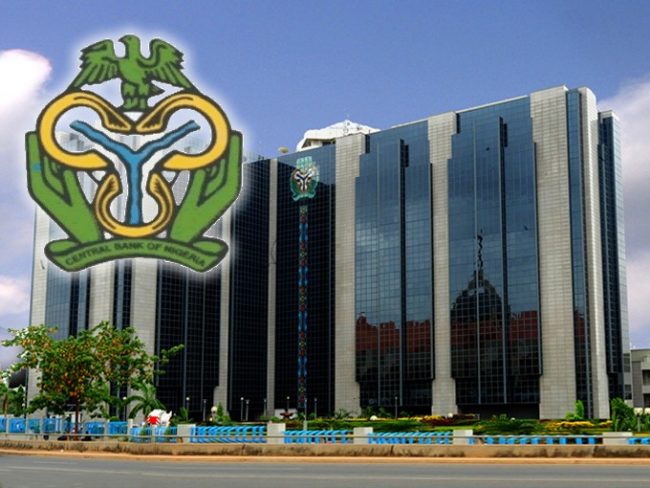The Central Bank of Nigeria (CBN) on Saturday disclosed that the risks associated with cryptocurrency trading was threatening Nigeria’s financial stability and implementation of monetary policy.
The CBN Governor, Mr Godwin Emefiele made the disclore in his keynote address at the 30th edition of the CBN Seminar for Finance Correspondents and Business Editors themed “Leveraging Digital Economy To Drive Growth, Job Creation and Sustainable Development”.
Emefiele, who was represented by the Deputy Governor, Corporate Services, Mr Lamtek Edward Adamu, reiterated that the CBN did not place any new restrictions on the use of cryptocurrency in Nigeria, saying the recent directive only amplified an earlier regulation on cryptocurrency.
He added that the recent directive became necessary to protect the financial system and Nigerians from the risks associated with crypto asset transactions.
“However, our policy stand does not preclude Nigerians from harnessing the benefits of the underlying technology that support crypto transactions, which is a distributed ledger, commonly referred to as blockchain. There are several examples where blockchain technology has been used to facilitate and improve transparency in the settlement of trade transactions.
READ ALSO: Nigeria’s Public Debt Relatively Sustainable At 25% Of GDP – AfDB
He added that N149.21 billion had so far been disbursed to 316,869 households and Micro, Small and Medium Enterprises (MSMEs), in its strategic move to ameliorate the scathing impact of the COVID-19 pestilence on Nigerians.
He hinted that the disbursed N149.21 billion came from the N150 billion Targeted Credit Facility (TCF) for affected households and small and medium enterprises and carried out through the NIRSAL Microfinance Bank.
The CBN governor added, “Given the resounding success of this programme and its positive impact on output growth, we have decided to double this fund to about N300 billion, in order to accommodate many more beneficiaries and boost consumer expenditure which should positively stimulate the economy.
“In line with the growing need to go digital, the application process is done online and requires limited paperwork from prospective applicants”, he stated.
Emefiele added that the apex bank had continued to improve its remittance infrastructure in order to provide Nigerians in the diaspora with cheaper, convenient and faster channels for remitting funds to beneficiaries in Nigeria.
He said, “In a bid to reduce the cost of remitting funds to Nigeria, the Central Bank of Nigeria on March 8, 2021 introduced a refund of N5 for every $1 of fund remitted into the country through IMTOs licensed by the CBN.
“We believe this measure would help to support improved foreign exchange inflows and enable Nigerians in the diaspora to use more formal channels relative to informal channels.
“These measures are not new as several countries have adopted similar measures to reduce the cost of remitting fund by their diaspora community, which has led to surges in remittance inflows through formal channels”, he added.
“Our regulatory sandbox is available for fintech companies to explore the use of blockchain technology in areas that would be beneficial to the Nigerian economy,” he noted.













